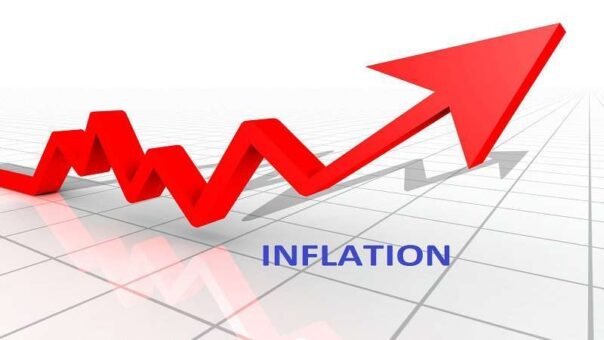Islamabad, February 23, 2024 – Pakistan is grappling with a notable increase in weekly inflation, attributed to the recent surge in petroleum prices.
The Pakistan Bureau of Statistics (PBS) released its analysis for the week ending February 22, 2024, revealing a 0.04 percent rise in inflation based on the Sensitive Price Indicator (SPI).
The major contributors to this week’s inflation spike include Tomatoes (22.71%), Bananas (7.40%), Diesel (3.02%), Chicken (1.22%), Petrol (1.00%), Sugar (0.87%), Mutton (0.86%), Beef (0.74%), Curd (0.71%), Pulse Moong (0.54%), Firewood (0.20%), and Georgette (0.14%). Conversely, certain items experienced a decrease in prices, such as Onions (14.42%), Eggs (11.19%), LPG (1.82%), Cooking Oil 5 Litre (0.75%), Wheat Flour (0.36%), Mustard Oil (0.33%), Potatoes (0.23%), and Vegetable Ghee 1 kg (0.11%).
Among the 51 items monitored, 23 (45.10%) witnessed a price increase, 8 (15.69%) recorded a decrease, and 20 (39.21%) remained stable during the week.
The year-on-year trend illustrates a significant increase of 30.68% in inflation. Notable contributors to this surge include Gas Charges for Q1 (480.00%), Tomatoes (199.93%), Chilies Powder (81.74%), Wheat Flour (65.29%), Gents Sponge Chappal (58.05%), Gents Sandal (53.37%), Sugar (50.84%), Gur (48.96%), Salt Powdered (39.97%), Garlic (36.31%), and Energy Saver (34.17%). On the contrary, certain items experienced a decrease in prices, including Bananas (17.73%), Vegetable Ghee 1 KG (17.26%), Mustard Oil (15.98%), Cooking Oil 5 Litre (13.66%), Vegetable Ghee 2.5 KG (12.02%), LPG (9.42%), and Eggs (5.33%).
The recent hike in petroleum prices is considered a primary factor influencing the overall inflationary trend in the country. The impact is evident not only in the short term, as indicated by the weekly statistics, but also in the year-on-year comparison, highlighting the challenges faced by consumers and businesses.
Rising inflation raises concerns about the cost of living for citizens, particularly affecting essential commodities such as food items and fuel. The government may face increased pressure to implement measures aimed at mitigating the impact of rising prices and ensuring stability in the economy.
As the situation unfolds, economists, policymakers, and consumers will closely monitor inflation trends, assessing the effectiveness of interventions and the resilience of the economy to external shocks. The balance between managing inflation and fostering economic growth remains a delicate challenge for authorities in Pakistan, requiring strategic and timely measures to alleviate the burden on the public and maintain economic stability.
